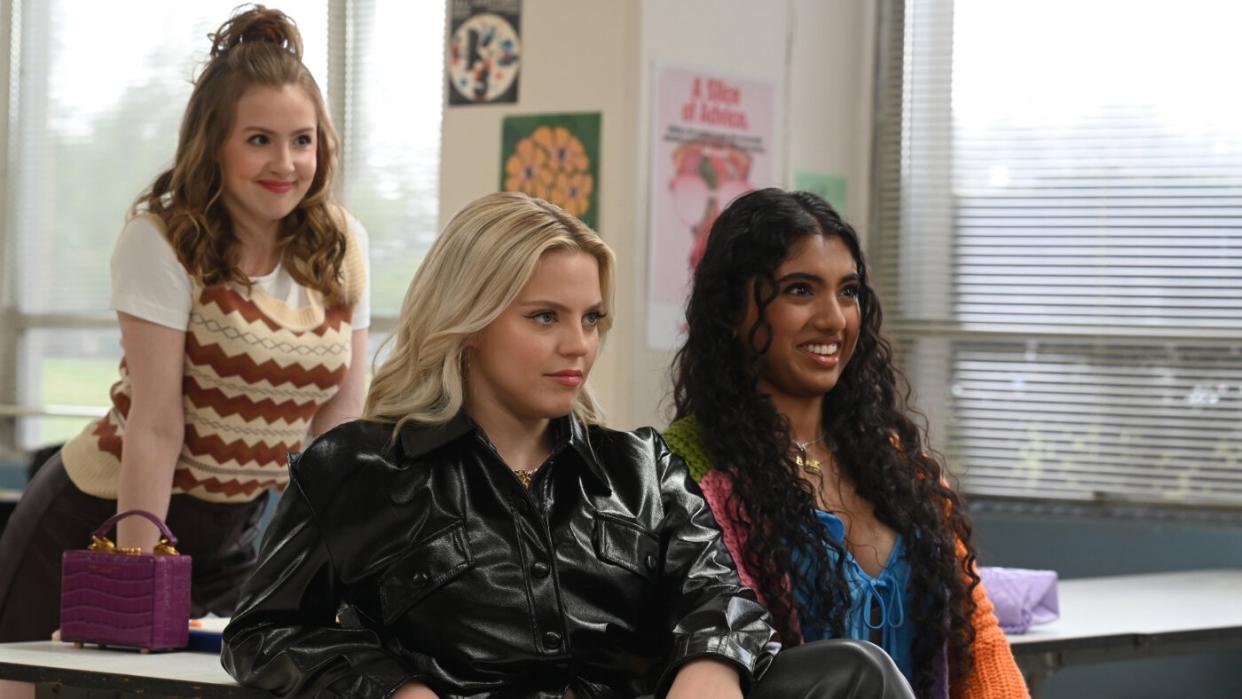Hollywood's movie musical resurgence: breaking the stigma?

The success of "Mean Girls" and "Wonka" this winter has led critics to suggest that musicals are enjoying something of a renaissance.
Several titles that are experiencing new success as movie musicals have "delivered strong performances" at the box office in recent months, suggesting "moviegoers aren't altogether averse" to the musical film genre, said Axios.
This success could lead to further musical movie remakes, according to Paul Dergarabedian, senior media analyst at Comscore. "It just opens a whole new world of possibilities for filmmakers, especially if they're commercially viable," he told Axios.
'A reflection of Hollywood's interest in safe bets'
Tina Fey's "Mean Girls" "follows Mel Brooks's lead" when he turned "The Producers", from film to stage show and back to film in 2005, said The Economist. Roald Dahl's "Matilda" followed a similar trajectory.
Such films are "a reflection of Hollywood's interest in safe bets", the magazine said. Something like "Mean Girls” offered "assurance to financial backers", who could count on not only new viewers but also those who had seen the original film and musical.
The return of musicals to the mainstream can be "traced back to a trend from the 1990s and early 2000s", said Movieweb.
Musical episodes in long-running series such as "Buffy the Vampire Slayer" have often been "popular", and many shows on the Disney Channel and other children's networks frequently work in songs, the site said.
But musicals "really hit the pop culture zeitgeist" with Lin-Manuel Miranda's stage musical "Hamilton". The stage show was filmed and put on Disney+, and currently has a rating of 98% on Rotten Tomatoes. And since "Hamilton", the number of musical movies being released "has multiplied", Movieweb concluded.
'Musicals still aren't seen as very cool'
Despite their strong performance, the box office success of new musicals like "Mean Girls" and "Wonka" comes with a "bit of a caveat" in terms of how they reflect the "future of the big-screen musical", said Collider.
Both of those films, as well as early marketing for the upcoming "The Color Purple" remake, have "concealed the fact that these motion pictures were musicals".
The marketers for these movies have even been "openly talking" about how not mentioning that the films were musicals was "an intentional choice" to attract moviegoers who are "instantly hostile to musicals", the site said.
Film critic Rhianna Dhillon said that people can be guilty of prejudice about musicals even after recent hits like "Tick Tick Boom" and "The Little Mermaid".
"I'm not really sure why this stigma still exists when the box office shows that people are still really willing to go to the cinema to see a musical," Dhillon told the BBC.
Stage actor and writer Lewis Cornay agrees that "musicals still aren't seen as very cool," but he hopes people's assumptions may change.
"People still expect musicals to just do one thing but musicals are so much broader than that and I think they're cleverer than people might assume," Cornay told the broadcaster.
Whether the trend continues "depends…on how the current clutch performs at the box office", said The Economist.
If the films succeed, there are "lots of musical hopefuls waiting in the wings". Accordingly, said the publication, it may not be long before the likes of "Groundhog Day", "Pretty Woman" and "Some Like It Hot" make their "cinematic encores".

